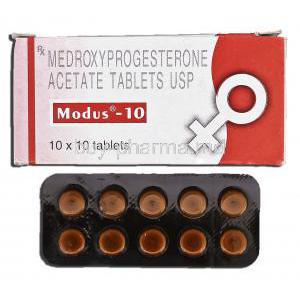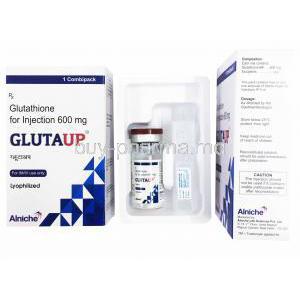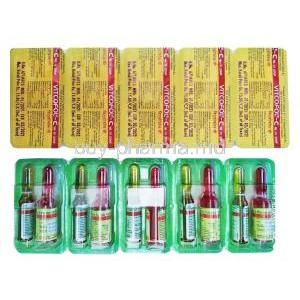Ubniche, Ubiquinol
- Introduction
- Composition
- How It Works
- Uses
- Off-Label Use
- Dosage and Administration
- Side Effects
- Common Side Effects
- Interaction
- Warning
- Contraindication
- Careful Administration
- Important Precautions
- Administration to Elderly
- Administration to Pregnant Women and Nursing Mothers
- Administration to Children
- Overdosage
- Storage
- Handling Precautions
Introduction
The search for achieving health and energy leads us to explore different types of supplements with Ubiquinol standing out for its crucial role in generating cellular energy. Ubiquinol, a form of Coenzyme Q10 (CoQ10) plays a role in the mitochondrial process that produces adenosine triphosphate (ATP) which is essential for cellular energy.
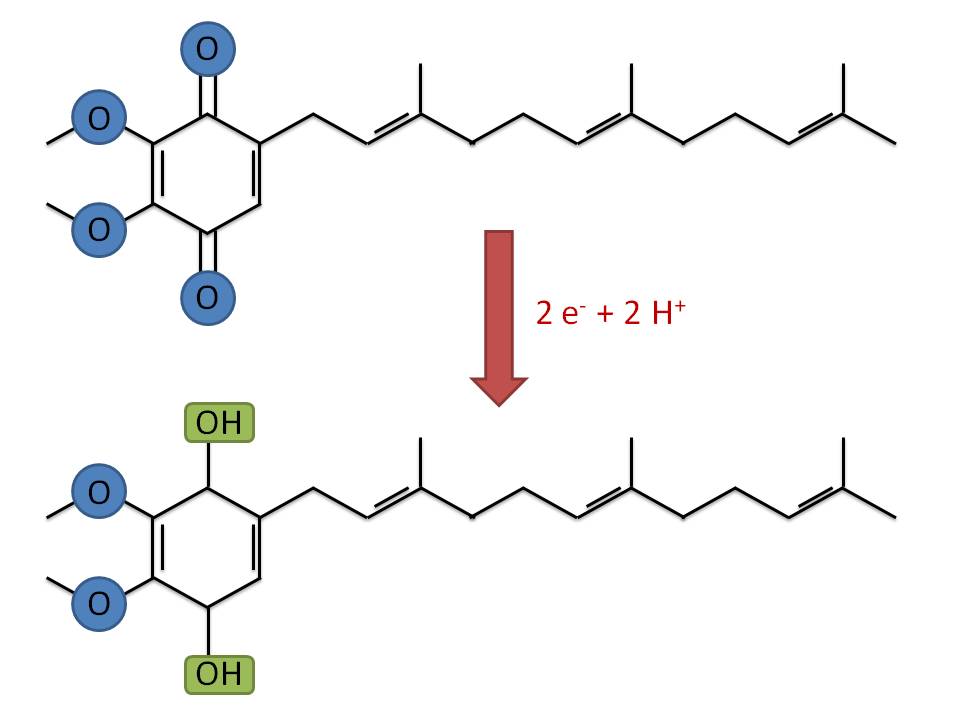
Ubiquinol
Apart from its energy-producing function this molecule also acts as an antioxidant safeguarding cells from oxidative harm. The introduction of Ubniche, a version of Ubiquinol in dietary supplements represents significant progress in this field. This story will look back at the background that set the stage, for Ubniches creation emphasizing the blend of scientific exploration and technological advancement.
Composition
Ubniches effectiveness is rooted in its curated blend of ingredients. At the core of this mix is Ubiquinol, known for its chemical makeup that makes it highly effective in carrying out its biological functions.
The structure of Ubiquinol features a benzoquinone core with an isoprenoid side chain, designed for optimal solubility in membranes and efficient electron transfer.
This specific configuration allows Ubiquinol to seamlessly integrate into the mitochondria membrane, where it plays a role in energy metabolism.
Apart, from Ubiquinol Ubniche includes a combination of ingredients that work together to enhance its absorption and effectiveness.
These components include phospholipids, which improve absorption rates and various antioxidants that boost the compound's ability to protect against stress.
How It Works
Understanding how Ubniche works unveils the dance of biochemical processes it coordinates. Ubniche plays a role in aspects of improving bodily functions from generating cellular energy to boosting antioxidant defenses.
How Ubniche Works;
From Making Cell Energy to Protecting Against Oxidative Damage; Ubiquinol plays a role in creating energy within mitochondria. By moving electrons along the electron transport chain, it powers the production of ATP. At the time its antioxidant properties help counteract the harmful effects of reactive oxygen species (ROS) safeguarding cell health.
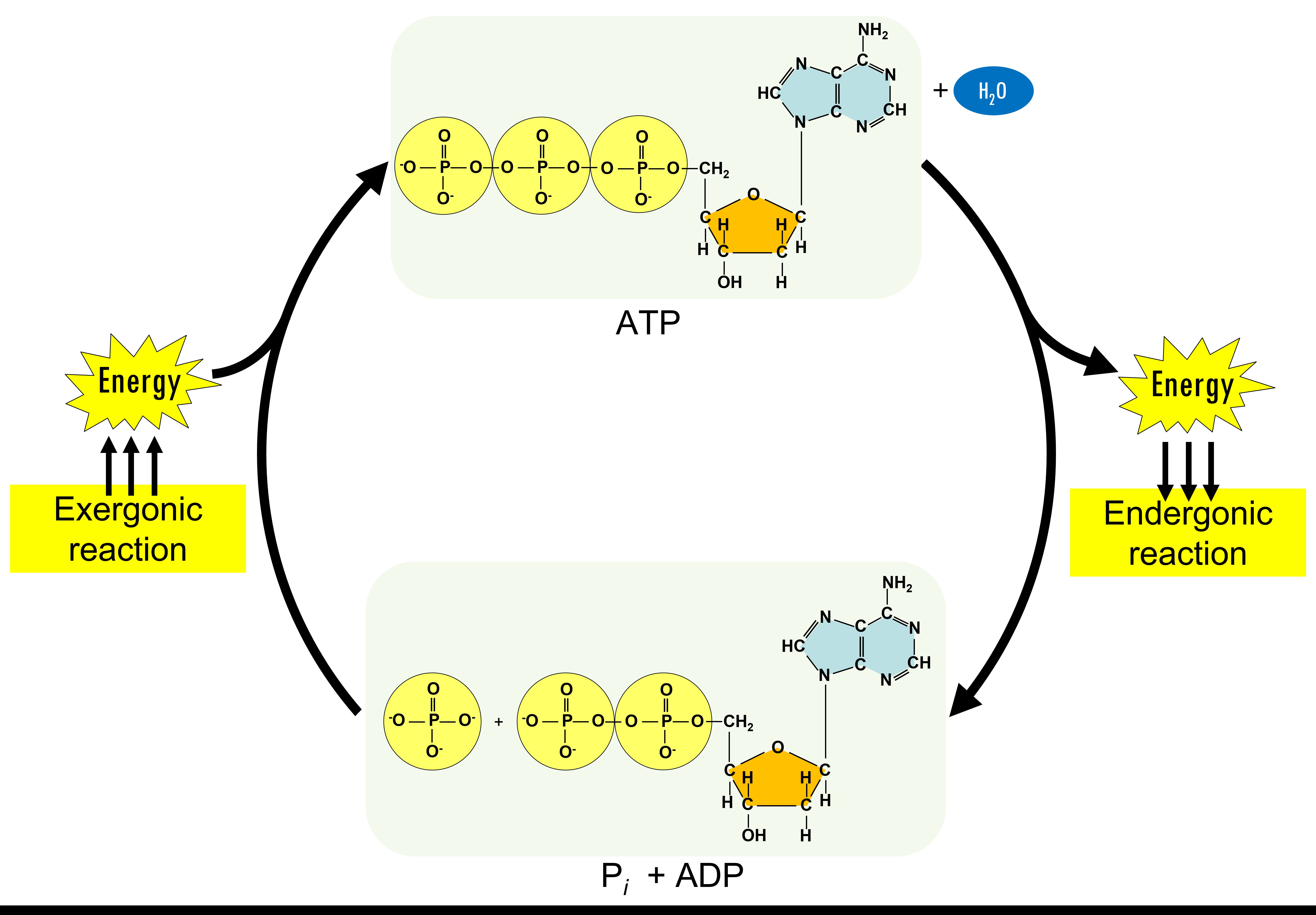
ATP Cycle
Exploring Ubiquinol and the Electron Transport Chain; Inside the mitochondrial membrane are protein complexes and electron carriers that form the electron transport chain. Ubiquinol is essential as it accepts electrons from complexes I and II before passing them on to III.
This flow of electrons creates a proton gradient across the membrane leading to ATP synthesis through oxidative phosphorylation. This detailed analysis highlights Ubiquinol's role in maintaining cellular vigor and showcases the intricate mechanism, behind Ubniches effectiveness.
Uses
The investigation of nutraceuticals reveals Ubniche and Ubiquinol as substances, with healing properties. They offer a range of health advantages supporting various aspects of physical well-being and disease prevention.
Primary Indications for Ubniche and Ubiquinol Supplementation
The use of Ubniche and Ubiquinol supplements is mainly recommended to boost energy production and reduce oxidative stress.(1) These recommendations stem from an understanding of the beneficial properties of Ubiquinol, which is crucial for generating ATP in the mitochondria and acting as a strong antioxidant.(2) Moreover, these supplements are suggested for conditions involving issues or increased oxidative stress, like specific neurodegenerative disorders(3), metabolic conditions, and the natural aging progression.
2. National Library of Medicine - Ubiquinol-10 Supplementation Activates Mitochondria Functions to Decelerate Senescence in Senescence-Accelerated Mice
Ubiquinol in Cardiovascular Health: Evidence and Mechanisms
The connection between taking Ubiquinol supplements and improving health is supported by a solid body of evidence. Ubiquinol has an impact on cardiovascular function(1), such as boosting endothelial function controlling blood pressure, and maintaining stable lipid levels.
Its effects are linked to its role in producing energy for the heart muscles to function optimally well as its ability to combat oxidative stress-related damage, in blood vessels. These combined benefits help lower the risk of developing heart conditions.
- Improving function
- Controlling blood pressure
- Maintaining stable lipid levels
1. NIH - Coenzyme Q10 in Cardiovascular and Metabolic Diseases: Current State of the Problem
Role in Mitochondrial Function and Energy Levels
Ubiquinol plays a role in the functioning of mitochondria acting as a key element in the process that produces ATP through the electron transport chain. It is crucial because mitochondria are essential for powering cells and producing the energy needed for cell functions.
Taking Ubniche and Ubiquinol supplements has been proven to enhance efficiency leading to increased energy levels and overall vitality. This enhancement is especially beneficial, in situations where there is dysfunction or higher energy requirements.
Antioxidant Properties and Impact on Oxidative Stress
The antioxidant properties of Ubiquinol are evident in its ability to counteract oxygen species (ROS) which helps reduce oxidative stress and safeguard cells from damage. Oxidative stress plays a role in the development of diseases like neurodegenerative conditions, heart issues, and cancer.
By lessening stress taking Ubiquinol can provide protection against these ailments highlighting its importance as a treatment option. To sum up, the wide range of benefits of Ubniche and Ubiquinol emphasizes their significance in modern nutraceutical research.
Whether by improving heart health boosting energy levels through mitochondrial function or delivering strong antioxidant effects these supplements present a hopeful path, toward enhancing health and preventing diseases.
Off-Label Use
Venturing past the limits of standard medical recommendations reveals a range of alternative uses for Ubiquinol presenting creative solutions for tackling intricate health issues. These new applications harness the antioxidant features of Ubiquinol shedding fresh insights, on its healing capabilities.
Potential Benefits in Neurodegenerative Disorders
Neurodegenerative diseases, which involve the loss of neurons pose a significant challenge for modern medicine. Ubiquinol, known for its antioxidant properties and essential role in producing mitochondrial ATP has emerged as a potential solution to address the underlying mechanisms of these conditions.
Studies indicate that Ubiquinol can help protect neurons by fighting stress and promoting healthy mitochondrial function providing hope for individuals with conditions like Parkinson's and Alzheimers disease.
This involves combating stress in neural tissues supporting the synthesis of mitochondrial ATP, for optimal neural function, and safeguarding neuronal integrity from degenerative processes.
Ubiquinol in Sports Performance and Muscle Recovery
Athletes and people who are active often look for ways to improve their performance and recover faster. Ubiquinol plays a role in producing energy and reducing oxidative stress making it a valuable supplement, for sports performance and muscle recovery.
It helps optimize function boosting cellular energy levels during physical activity. Additionally, its antioxidant properties help decrease muscle inflammation and soreness after workouts leading to recovery and better athletic results.
Application in Fertility Enhancement and Reproductive Health
The complex workings of fertility and reproductive health highlight another area where Ubiquinol shows great promise. By reducing stress and boosting energy levels Ubiquinol plays a role in enhancing the quality of gametes (sperm and eggs) to improve fertility.
For couples struggling with conception supplementing with Ubiquinol may lead to reproductive outcomes making it an important option in fertility treatments.
- Enhancing fertility by addressing oxidative stress
- Boosting energy levels in tissues
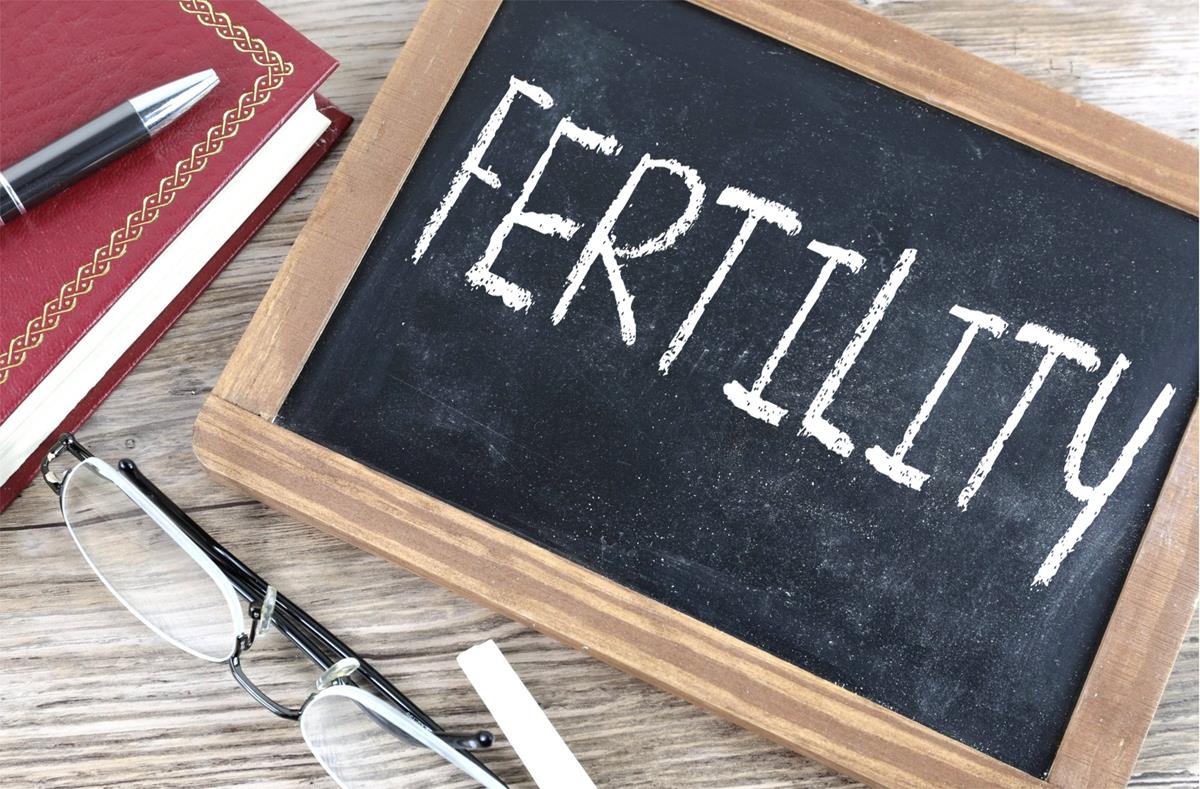
Fertility
In summary, the varied uses of Ubiquinol outside its prescribed purpose showcase its versatility and potential in tackling a range of health issues. Whether its conditions, athletic performance, or fertility enhancement the unique properties of Ubiquinol make a strong case for its expanded use, in healthcare and medicine.
Dosage and Administration
Utilizing Ubiquinol supplements effectively requires a grasp of the appropriate dosage and how to administer it to fully benefit from its healing properties. This knowledge is crucial, for enhancing absorption, effectiveness, and overall well-being results.
Recommended Dosage for Different Conditions
The ideal amount of Ubiquinol to take varies depending on the health concern individual well-being and age. For maintaining health it is common to take between 100 and 200 mg daily. In cases of serious illnesses like neurodegenerative disorders or heart problems, healthcare providers may advise doses ranging from 300 to 600 mg per day guided by clinical studies and professional recommendations.
Around 100 to 200 mg per day is suggested for health upkeep while a higher dosage of 300 600 mg, per day may be recommended for severe conditions.
Administration Guidelines for Optimal Absorption and Efficacy
To get the most out of Ubiquinol it's best to take it with meals that have fats since it's fat soluble. You can improve absorption by splitting the dose into two or more servings. Also sticking to a schedule when taking Ubiquinol can help maximize its benefits. Remember to have it with meals that contain fats for absorption consider dividing the dose for improved effectiveness and always keep to a regular timing routine.
Side Effects
While Ubiquinol is usually well received it's important to be mindful of any side effects and handle them appropriately to make sure your supplementing journey goes smoothly.
Overview of Known Side Effects and Adverse Reactions
Taking supplements is linked to a minimal occurrence of side effects, usually mild and temporary. The usual side effects involve issues like nausea and diarrhea as well as skin problems, as rashes. Severe negative reactions are uncommon. It's always wise to stay attentive when using any supplement.
Managing Common Side Effects
To manage side effects you may need to change how much or when you take Ubiquinol. If you experience stomach issues try taking Ubiquinol with food or splitting the dose to ease symptoms. In case of skin reactions consider lowering the dosage or pausing use under the guidance of a healthcare professional.
Common Side Effects
Gastrointestinal Discomfort: Causes and Management
Experiencing stomach issues like feeling queasy having stools or stomach upset may happen when your body gets used to taking Ubiquinol. To ease these symptoms try taking the supplement with food or cutting back on the dosage until your body gets used to it.
Skin Reactions and Allergies: Identification and Precautions
Skin issues like rashes or itching could indicate a reaction to Ubiquinol. It's crucial to detect these signs and take necessary steps like seeking advice from a healthcare provider and possibly stopping the supplement to manage this side effect effectively.
In essence, using Ubiquinol supplements following the recommended doses and guidelines shows potential for improving health. Nonetheless being mindful of side effects and having informed approaches, in place can help ensure a smooth and beneficial supplementing journey.
Interaction
The complex relationship between Ubniche and various substances like medications, supplements, and dietary compounds requires an assessment to proactively prevent any possible harmful effects, from interactions.
Drug-Drug Interactions: Common Concerns and How to Avoid Them
Ubniches impact on the body's energy production and antioxidant defenses can affect how certain medications work. It is important to be cautious when using anticoagulants, blood pressure medications, and chemotherapy drugs alongside Ubiquinol. Healthcare providers should conduct a review of medications and closely monitor patients to ensure that treatment plans are adjusted appropriately.
Keep an eye, on therapy to prevent excessive blood thinning. Adjust dosages of blood pressure medications to avoid lowering blood pressure much. Monitor the effectiveness of chemotherapy treatments as Ubiquinol could influence how the drugs are metabolized.
Interaction with Other Supplements and Nutritional Compounds
When combining Ubniche with supplements or nutrients it's important to note that there can be both synergistic and antagonistic effects. Specifically when taking Ubniche alongside vitamin E, omega 3 fatty acids, or other antioxidants it's crucial to assess the potential outcomes to ensure optimal therapeutic results and prevent excessive antioxidant levels. Evaluate the combined effects of vitamin E and omega 3 fatty acids to prevent antioxidant levels. Coordinate the intake of antioxidants to maintain a balanced redox status.
Warning
Identifying people who might face risks from Ubniche is essential to ensure the use of this nutritional supplement.
Identifying High-Risk Individuals and Conditions
Certain groups of people might have chances of experiencing risks when taking Ubniche supplements. These could include individuals with kidney or liver issues people about to undergo surgery (because of impacts on blood clotting) as well as pregnant or nursing women, for whom the safety aspects are not fully clear. Identifying these, at-risk groups highlights the significance of seeking advice before starting the supplements.
Situations Requiring Medical Consultation Before Use
Getting medical advice is crucial when dealing with long-term health conditions, surgeries or, during pregnancy and breastfeeding. This consultation helps make sure that taking Ubniche supplements won't interfere with your health progress or clash with any treatment plans.
Contraindication
It's crucial to know the limits of safety when it comes to using Ubniche to avoid any health effects.
Absolute Contraindications for the Use of Ubniche
People should avoid using Ubniche if they are allergic to it or any of its components. Additionally, individuals with vitamin K deficiency should be cautious as it could worsen their health due, to the risk of bleeding complications.
Relative Contraindications: When Caution Is Required
When dealing with contraindications it's important to take a balanced approach by considering both the advantages of Ubniche and the possible risks involved. This is especially crucial in situations where anticoagulant medications are being used simultaneously or when individuals have varying blood pressure levels requiring a customized strategy, for supplementation.
Careful Administration
Taking care of Ubniche cautiously requires attention for individuals, with existing health issues and necessitates careful supervision.
Special Considerations for Patients with Pre-existing Conditions
Individuals with existing health conditions, like kidney problems, liver issues, or a past of heart ailments might need doses and closer supervision to prevent any unexpected outcomes.
Monitoring and Adjusting Dosage in Response to Therapy
Continuous monitoring and adjusting dosages based on how the treatment works and any side effects is crucial when administering Ubniche. This flexible method helps to maximize the advantages while reducing risks guaranteeing a personalized treatment plan.
Following these instructions ensures that Ubniche is utilized in a way that's efficient and secure customized to each person's specific health condition and requirements.
Important Precautions
Including Ubniche or Ubiquinol in a treatment plan requires a strategy integrating changes, in diet and lifestyle to enhance effectiveness while being mindful of prolonged use and the possibility of nutrient interactions.
Dietary and Lifestyle Recommendations to Enhance Efficacy
To boost the effectiveness of Ubiquinol it's beneficial to follow a rounded diet that includes antioxidants, omega-3 fatty acids, and fiber. Additionally engaging in physical activity and practicing stress reduction techniques can enhance its health advantages by supporting cardiovascular wellness and reducing oxidative stress. Incorporate a variety of antioxidants and omega-3s in your diet to improve bioavailability. Maintain the benefits of Ubiquinol through workouts and stress management techniques.
Precautions for Long-term Use and Potential Nutrient Interactions
While its generally safe to use Ubiquinol for a period it's crucial to keep an eye out for any possible interactions with other nutrients or medications, especially anticoagulants and blood pressure medications. To ensure effective supplementation consider adjusting your intake of vitamin K-rich foods and seek advice from healthcare professionals. Stay vigilant, about how Ubiquinol interacts with medications and anticoagulants. Keep a diet by managing your intake of vitamin K.
Administration to Elderly
The elderly population could greatly benefit from taking Ubiquinol supplements requiring modifications, in dosage and intake to ensure safety and positive treatment results.
Adjustments in Dosage and Administration for Geriatric Patients
Elderly individuals might need reduced amounts of Ubiquinol due to changes in their metabolism and body structure. Keeping a check on the effectiveness and potential side effects along with regular health evaluations helps in tailoring treatment plans, for each person.
Potential Benefits and Risks in the Elderly Population
Supplementing with ubiquinol among individuals may bring about advantages such as improved mitochondrial activity and lower oxidative stress levels crucial for addressing age-related deterioration. Nonetheless, the importance of administration is highlighted due to potential interactions, with current medications.
Administration to Pregnant Women and Nursing Mothers
During pregnancy and breastfeeding it's crucial to assess the safety and effects of using Ubiquinol on the development of the fetus and newborn.
Safety Profile and Recommendations for Use During Pregnancy and Lactation
Preliminary data indicates that Ubiquinol is generally considered safe for use during pregnancy and breastfeeding. However, there is a lack of clinical evidence to fully support this claim. Healthcare providers usually advise using doses or avoiding supplementation until, after breastfeeding unless it is absolutely necessary.
Potential Effects on Fetal and Neonatal Development
Ubiquinol's ability to act as an antioxidant might help with the growth of newborn babies by improving how mitochondria work and lowering oxidative stress levels. Nonetheless thorough research is necessary to confirm these possible advantages and determine the best dosage plan.
Administration to Children
When it comes to using Ubiquinol in children it's important to evaluate its safety determine the right dosage and understand how it can contribute to supporting children's health and development.
Considerations for Pediatric Use: Safety and Dosage
The safety and effectiveness of Ubiquinol in children depend on the dosing, their age, and taking into account their individual health conditions. It is crucial to follow advice to guarantee safe usage and reach treatment goals.
Ubiquinol in Childhood Conditions and Developmental Support
New findings indicate that Ubiquinol could be beneficial in treating childhood ailments, those related to mitochondrial function and energy production. The importance of Ubiquinol in aiding milestones like cognitive abilities and physical growth highlights the significance of conducting focused studies to maximize its therapeutic benefits for children. By incorporating careful dosing approaches we can guarantee the secure and efficient utilization of Ubiquinol across various age groups from children to seniors including individuals with unique circumstances, like pregnancy.
Overdosage
In the world of health supplements although Ubiquinol is highly regarded for its health advantages there is a risk of taking too much which may require quick and knowledgeable steps to reduce any negative impacts.
Symptoms of Ubiquinol Overdose and Immediate Actions to Take
Symptoms of taking too much Ubiquinol could lead to stomach problems like nausea and diarrhea, tiredness, trouble sleeping and in rare cases, skin rashes or liver enzyme increases. If you experience these signs stop using it away and seek advice from a healthcare provider to determine if additional steps are necessary. Stop using it once symptoms appear. Seek guidance from a healthcare provider, for evaluation.
Management Strategies and Medical Interventions
Treatment, for taking much Ubiquinol involves easing symptoms and stopping more from getting into your system. In hospitals, this might mean giving activated charcoal checking liver function, and offering hydration if theres stomach discomfort. Ease symptoms and stop more from getting in.
Check liver function. Give hydration if needed.
Storage
Maintaining the effectiveness and quality of Ubiquinol by storing it is crucial as it helps preserve its potency and ensures it remains therapeutically beneficial.
Proper Storage Conditions to Ensure Stability and Potency
Remember to keep ubiquinol in a dry spot shielded from direct sunlight and heat. The manufacturer usually suggests ideal storage conditions, such as refrigeration after opening to maintain its properties. Place it in a dry area away, from sunlight and heat. It's an idea to refrigerate it after opening it according to the manufacturer's recommendation.
Shelf Life and Expiry Information
The duration of effectiveness, for Ubiquinol can differ based on how it is made and packaged typically staying potent for two to three years after being produced. It's important for consumers to follow the expiration date indicated on the packaging to guarantee the product's effectiveness.
Handling Precautions
It's crucial to follow safety guidelines when using Ubiquinol supplements to keep them effective avoid contamination and ensure they are used safely.
Guidelines for Safe Handling and Avoidance of Contamination
When dealing with Ubiquinol make sure your hands are clean and dry and store it in its container to reduce the chances of contamination. Use only sanitized utensils. Scoops to avoid introducing any impurities. Remember to handle it with care and keep it in its packaging when storing. To prevent contamination always use utensils for measuring out doses.
Disposal Recommendations for Unused or Expired Product
Properly disposing of any leftover or expired Ubiquinol is important. Its best to follow the disposal guidelines set by your local authorities for dietary supplements. You can. Take the product back to a pharmacy, for safe disposal or dispose of it according to specific household waste guidelines. It's advisable to adhere to dosage recommendations store the supplement correctly and handle it with care to make sure you get the most out of Ubiquinol's health benefits while keeping any potential risks at bay for a safe and beneficial supplementation experience.










